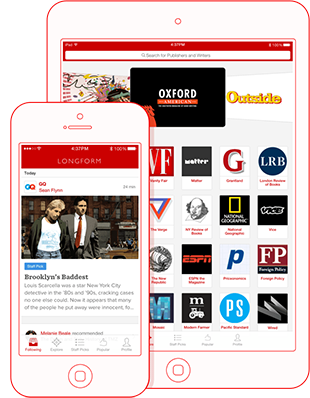
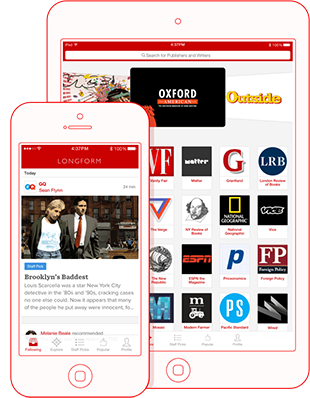
I can’t help to notice the juxtaposition of the words long form and iPhone in the same headline.
Why?
It’s widely accepted that iPhone users will not engage in the reading on long pieces on the small screen of their smartphone.
I have always doubted that this is true, believing that it is the content that determines what we read or not read on our phones, tablets or even on the printed page.
I a also aware that my teenage grandkids do a lot of reading on their iPhones (from text messages, to emails, to homework assignments).
Only 10 days ago, at the gate before boarding a flight, there was a college age student reading an Ernest Hemingway work on his iPhone. Why do I know? Because I happened to see when the first page appeared on his screen. I asked him. “Right,” he said, I am reading Hemingway for my English class.” This may not count as valid scientific research, but I am sure that this college student is not the only one using his iPhone to catch up on his school readings.
What’s new about the Longform app?
“The new app is far more exhaustive, and for the first time is customizable. Instead of the 50 or so magazines that were available on the iPad app, over 1,000 publishers will be specifically included on the new one.
“Users will also have the option to "follow" specific publishers and writers—doing so will generate a feed of published content that is similar to a curated Twitter stream.”
Let’s see how well the app is accepted. It may offer us a glance of things to come: that people will be reading more, including longer pieces on their smartphones.
We will see more examples, such as the NYT Opinion app, in which longer pieces are the main event.
Don’t forget also that the new, larger iPhone 6 plus, will offer us a bigger canvas in which to read that story of a certain length.
“There's no clickbait, there's no fluff, no listicles, it's just articles,” said Max Linsky, Longform proprietor.
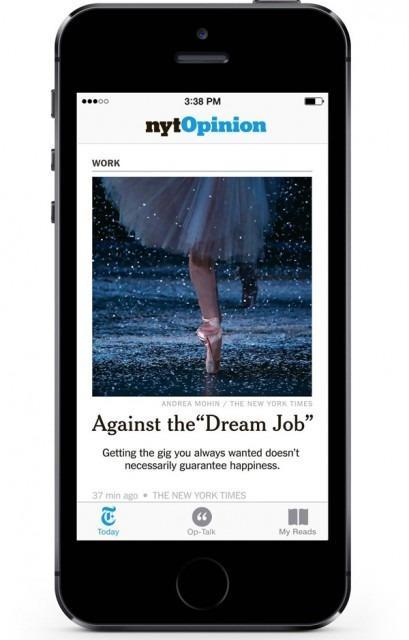
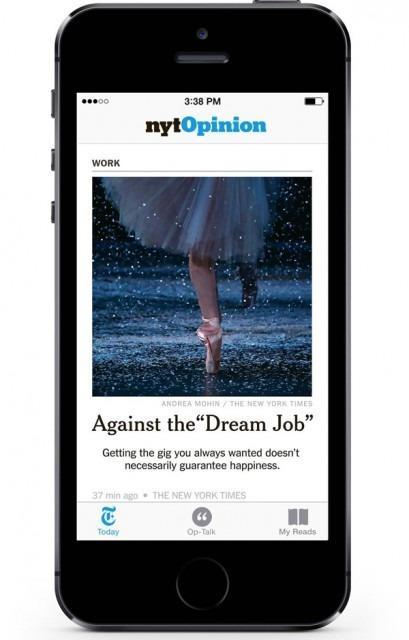


Front Pages We Like
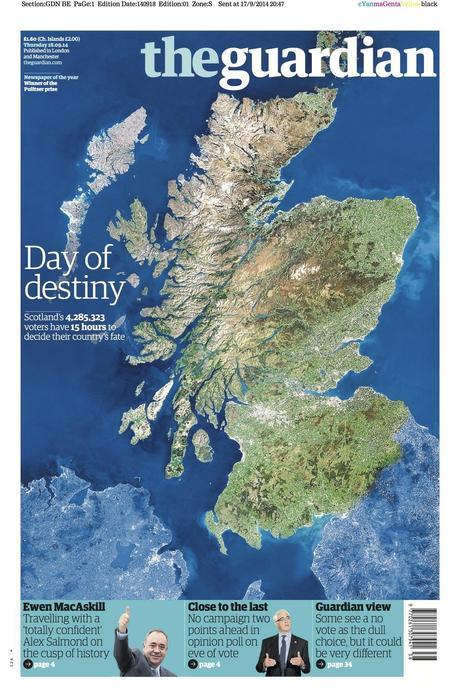
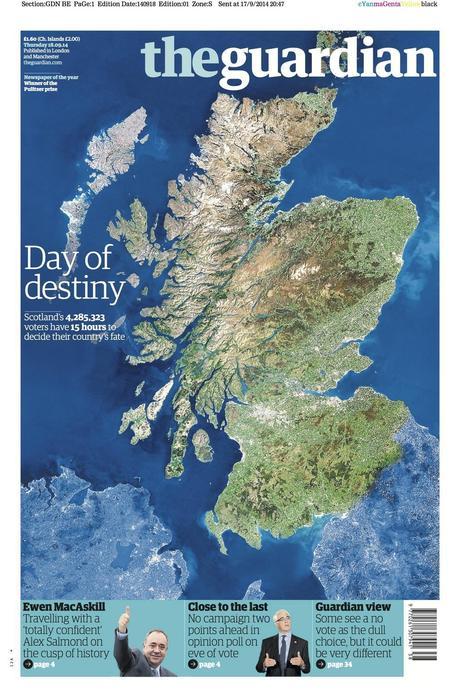
Great page today in the UK's The Guardian: September 18, 2014, a day of destiny as citizens of Scotland get to vote today on whether they wish to become independent. At stake is the future of the United Kingdom. Its union with Scotland is more than 300 years old. But the question on today’s ballot is a simple one. It simply reads: “Should Scotland be an independent country?” Voters can choose either yes or no.
We vote YES for this clever front page.
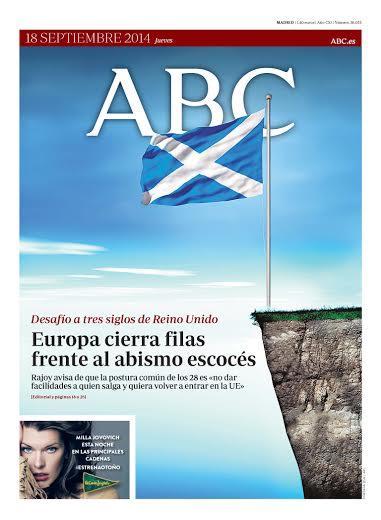
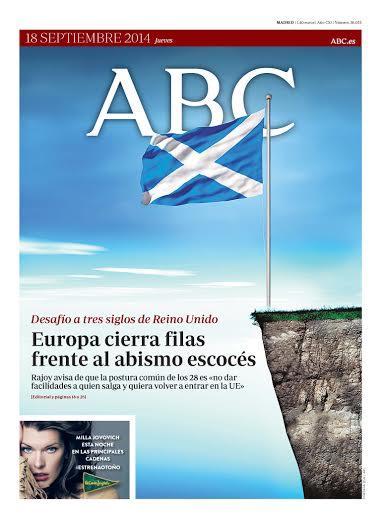
Another interesting front page, this one courtesy of José Juan Gámez Kindelán, of Spain's daily ABC.
It's also about the vote today in Scotland.
Of related interest: Brand Scotland
http://newsletter.brandperfect.org/lt.php?s=2a668871c6cc31ac67302f79d7b2b702&i=116A152A11A1741

